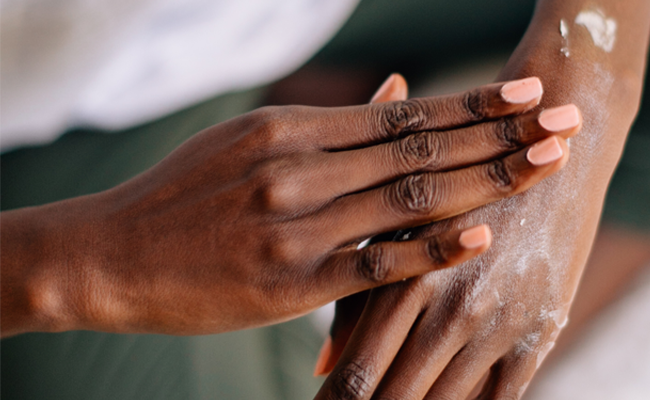Addressing Minority Health
By: Hannah McCall
What’s the first thing that comes to mind when I bring up the topic of inequality in America?
For many of us thoughts of the justice system, school districts and job opportunities will come to mind.
What about inequity? Inequity is defined as the lack of justice or fairness.
The month of April is designated as National Minority Health Month to help shed light and bring awareness to how minority health is also being held victim by inequities in our country.
Our health is the most important aspect of our lives. Without it, everything else will be limited. Let me start by sharing a few statistics to highlight why there is a need for attention on minority health.
Did you know?
- The infant mortality rate for Black women is more than double what it is for white women
- Black people are 20% more likely to have psychological distress needs and have less access to mental health clinics
- The average life expectancy for Black people is 76.1 - versus 79.8 for white people
- Black people have a higher death rate due to illnesses such as heart disease, cancer, asthma, flu, pneumonia, and diabetes
- Black people have the highest death rate (from most cancers) and have the shortest survival rate. Black people are also diagnosed much later
- Less than 2% of clinical trials funded by the National Cancer Institute met the expectation of including minority participants
Healthy equity means that everyone has the same equal opportunity to be as healthy as possible. One’s ability to access food and health care should not be based on race or socioeconomic status. However, due to social, economic and environmental disadvantages, several minority groups do not have access to healthy food options, healthcare and insurance, and fair access to employment.
At a time when we are all indoors, this is such a relevant and important conversation for us to be having. It’s necessary that we make a pivot to focus on our health - both mental and physical. Being active is a simple way we can start influencing that health curve. When you make movement a priority you are setting up your heart and your mind to have a fighting chance. Even small steps taken with the right intentions can remind your body (and yourself) that you are important.
While we are all inside and practicing social distancing, it’s important to point out the benefits of movement per the physical activity guidelines.
- Boost your mood
- Improve your focus - looking at those of us working from home!
- Reduce stress
- Sleep better
The suggested physical activity guidelines for adults are 150 minutes of cardio a week and two days intentionally activating your muscles. Don’t let the 150 minutes scare you away. That could mean 25 minutes of walking six days a week, or 25 minutes of scrubbing your floors and vacuuming. The two days activating your muscles could be squats and curls with just your body while you watch your favorite TV show. Your cardiovascular system is not picky. Of these requirements, only 26% of men and 19% of women meet these guidelines. It’s time for us to do better.
We are our own advocates. Go to Minority Health today to learn more.

